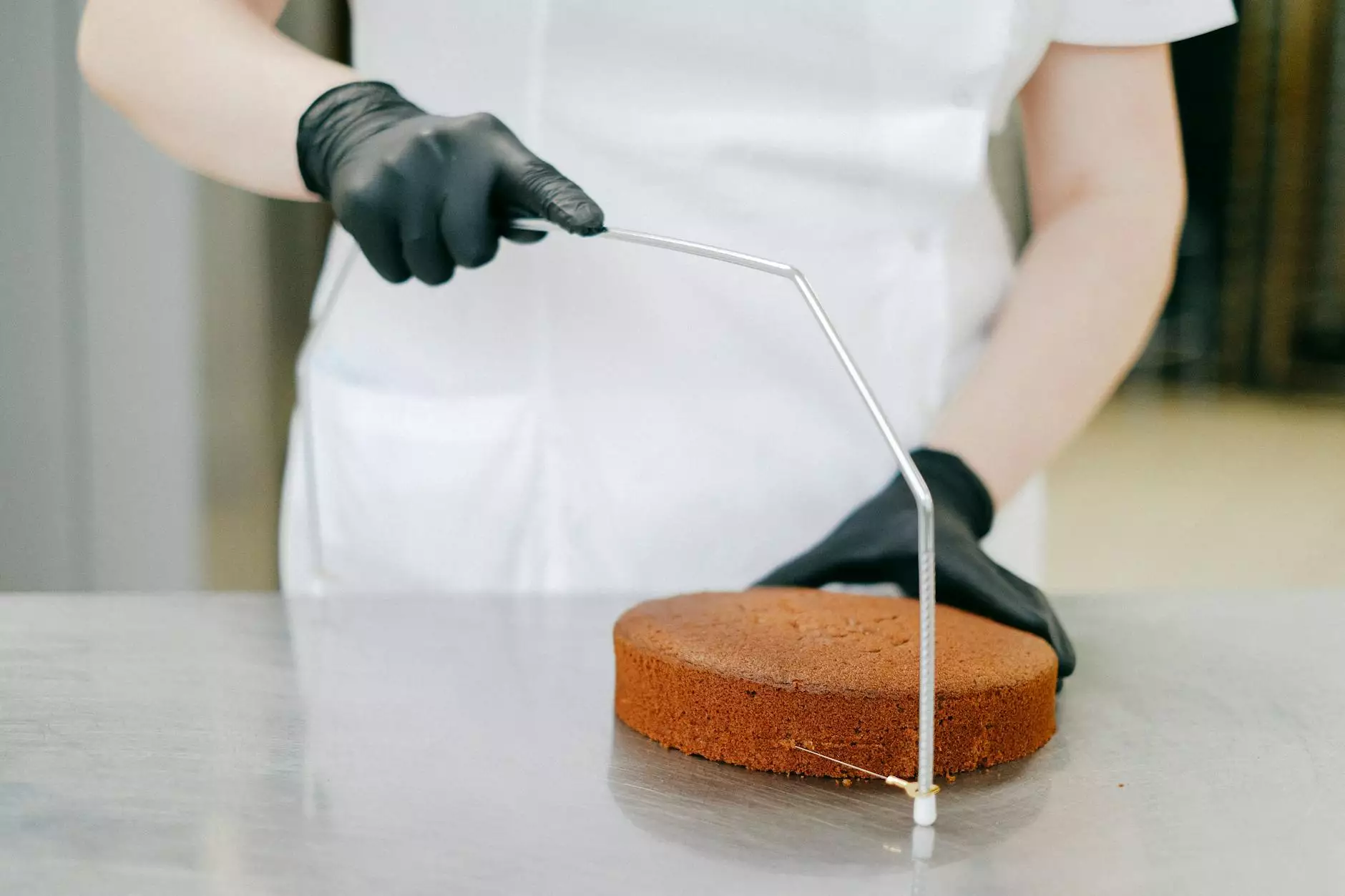Understanding Fibroid Removal Specialists

Fibroids are noncancerous growths in the uterus that often appear during childbearing years. While many women might experience fibroids, not everyone will require treatment. However, for those who do, seeking the expertise of a fibroid removal specialist is paramount. This article will delve into the critical aspects of fibroid removal, from understanding fibroids to recognizing the importance of consulting a specialist in this field.
What Are Uterine Fibroids?
Uterine fibroids, also known as leiomyomas, are muscular tumors that can vary in size from tiny seedlings to large masses. They can develop on the inside or outside of the uterus, or within its wall. These growths can lead to a range of symptoms including:
- Heavy menstrual bleeding
- Prolonged menstrual periods
- Pain during intercourse
- Pressure symptoms such as frequent urination
- Back and leg pain
In some cases, fibroids can be asymptomatic, leading to their discovery during routine pelvic examinations. Nevertheless, for many women, managing the symptoms is essential for maintaining a quality of life.
The Role of a Fibroid Removal Specialist
A fibroid removal specialist is typically an obstetrician-gynecologist (OB-GYN) with advanced training and expertise in diagnosing and treating fibroids. Here’s why consulting a specialist is crucial:
1. Personalized Diagnosis and Treatment Plan
Each woman’s experience with fibroids is unique. A specialist will conduct a thorough evaluation, using advanced imaging techniques such as ultrasound or MRI, to determine:
- The number of fibroids present
- Their size and location
- Potential impact on reproductive health
Based on this assessment, they will recommend a tailored treatment plan that aligns with your health goals and lifestyle.
2. Expertise in Minimally Invasive Techniques
Many fibroid removal specialists are well-versed in minimally invasive surgical techniques. These methods, such as laparoscopic surgery, allow for:
- Reduced recovery time
- Less postoperative pain
- A smaller scar
- Shorter hospital stay
Choosing a specialist who offers these advanced techniques can significantly enhance your recovery experience.
Common Treatment Options Provided by Fibroid Removal Specialists
Your fibroid removal specialist will discuss various treatment options based on the severity of your symptoms and your desire for future fertility. Here are some common approaches:
1. Medication
In some cases, medications may be prescribed to manage symptoms. These can include:
- Hormonal therapy – To help regulate menstrual cycles and reduce bleeding.
- Nonsteroidal anti-inflammatory drugs (NSAIDs) – To alleviate pain.
- Gonadotropin-releasing hormone (GnRH) agonists – These can shrink fibroids temporarily.
2. Non-Invasive Techniques
For women who wish to avoid surgery, some non-invasive options include:
- Uterine artery embolization (UAE) – A procedure that cuts off blood flow to the fibroids, causing them to shrink.
- Magnetic resonance imaging-guided focused ultrasound (MRgFUS) – This cutting-edge technique uses ultrasound waves to reduce fibroids without incisions.
3. Surgical Interventions
When fibroids are symptomatic and other treatments have failed, your specialist may recommend surgical options, such as:
- Myomectomy – Removal of fibroids while preserving the uterus, ideal for women planning for pregnancy.
- Hysterectomy – Surgical removal of the uterus, which offers a permanent solution for women who do not wish to conceive in the future.
Benefits of Choosing a Fibroid Removal Specialist
1. Specialized Knowledge and Skill
Fibroid removal is a niche field within gynecology. A fibroid removal specialist brings focused knowledge and skills that general practitioners may not possess. Their extensive experience in treating a wide range of fibroid-related issues ensures that you receive the highest quality of care.
2. Comprehensive Care
Beyond just removing fibroids, specialists provide holistic care that addresses potential related health concerns. They can guide you through:
- Nutritional advice
- Stress management techniques
- Long-term monitoring for fibroid recurrence
3. Advocacy for Your Health
A specialized doctor advocates for your health throughout your treatment journey. They will provide you with:
- Resources about fibroids and their implications
- Support for navigating treatment options and decisions
- Emotional support during the healing process
How to Find the Right Fibroid Removal Specialist
Finding the right fibroid removal specialist is crucial for effective treatment. Here are some steps you can follow:
1. Research and Referrals
Start by seeking referrals from your primary care physician or fellow women who have undergone similar treatments. Online reviews and ratings can also provide insight into a specialist's reputation.
2. Credentials and Experience
Look into the qualifications of the specialists, including their board certification, specialty training, and years of experience in treating fibroids. Having a specialist with a proven track record can offer peace of mind.
3. Consultation
During initial consultations, assess their communication style and willingness to answer your questions. It’s important that you feel comfortable discussing your symptoms, fears, and treatment preferences.
Conclusion
Consulting with a fibroid removal specialist can significantly influence your health journey and overall well-being. By fully understanding your options and the expertise available, you are empowered to make informed decisions about your health. Always prioritize your well-being and choose a seasoned professional who can guide you through the process of managing fibroids effectively. For further information, or to book a consultation with a leading specialist, be sure to visit drseckin.com.









